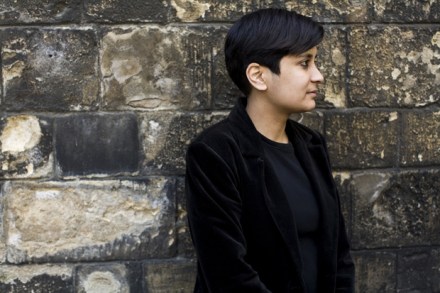What went so wrong for Vaclav Havel?
The unforgettable moment a quarter of a century ago when the Berlin Wall came down was the most vivid drama in that dizzying year of revolutions in 1989 when the Soviet empire fell to its knees. But another event a month later and 250 miles away in Prague was equally poignant. As the playwright/philosopher Václav Havel was sworn in as president of Czechoslovakia and declared in one of the most moving speeches I have heard, ‘Citizens, your government has returned to you’, it was clear that if history hadn’t exactly come to an end, the world had changed utterly. In his own country Havel’s reputation has nosedived since those giddy




















